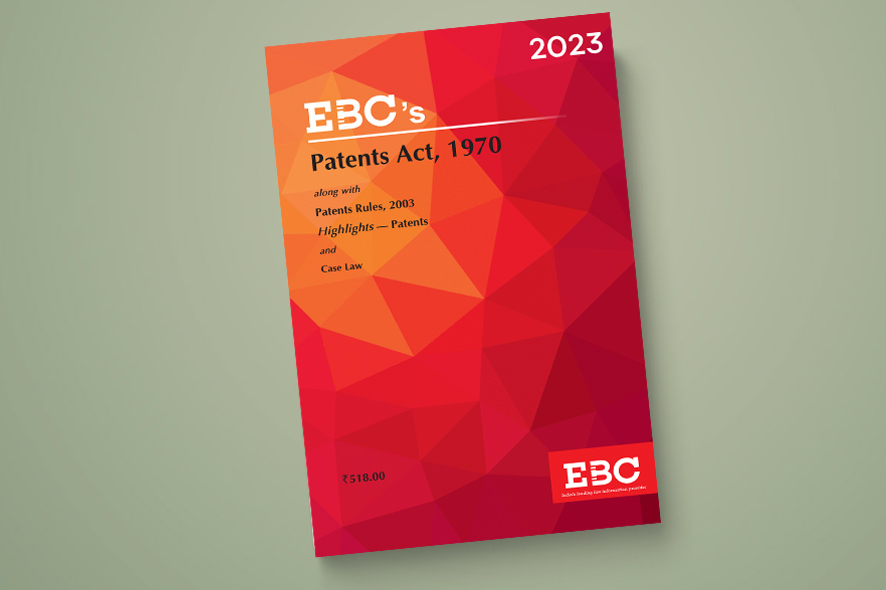Delhi High Court: In a case wherein applications were filed by Respondent 2, to seek the transfer of revocation petitions and consolidation of these petitions with infringement suits pending before the Himachal Pradesh High Court, Pratibha M. Singh, J.*, opined that the power of transfer between two High Courts, could only be exercised in terms of Section 25 of Civil Procedure Code, 1908 (‘CPC’), exclusively by the Supreme Court and since, neither of the parties had sought the transfer of these petitions by filing any transfer petition before the Supreme Court, the applications were misconceived and thus, the Court dismissed the petition.
Background
The suits were filed by the patentee in respect of the pharmaceutical preparations ‘LINAGLIPTIN’ and variants thereof, covered by the granted patent. Further, in one suit, an ad-interim injunction was granted by the Himachal Pradesh High Court and in another suit, the Himachal Pradesh High Court made the ad-interim protection granted to Respondent 2, absolute.
Respondent 2 sought the transfer on the ground that the patent was expiring on 18-08-2023 and that in any case, the grounds raised for seeking revocation and the defences raised in the injunction suit would be similar in view of Section 107 of the Patents Act, 1970 (‘the Act’).
In the instant case, the petitioners filed revocation petitions before the Delhi High Court under Section 64 of the Act. Subsequently, the respondents, who were the patent owners filed a suit for infringement before the Himachal Pradesh High Court. In the said suits, an interim injunction had been granted and an appeal against the said injunction order was stated to be pending in one of the suits.
Analysis, Law, and Decision
The Court observed that after the enactment of the Tribunal Reforms Act, 2021, all revocation petitions under Section 64 of the Act were to be filed only in High Courts as the Intellectual Property Appellate Board (‘IPAB’) was abolished. The Court noted that the subject patent was also granted by the Delhi branch of the Patent Office and thus, the petitioner had filed the revocation petition before the Court, which was maintainable under the Act.
The Court further opined that the powers of consolidation under Rule 26 of the Delhi High Court Intellectual Property Rights Division Rules, 2022, could be exercised by the Intellectual Property (‘IP’) Division of this Court, to consolidate proceedings relating to the same IP asset, provided they were pending either before the IP Division or before any of the Commercial Courts in Delhi. Such powers did not extend beyond the territorial jurisdiction of the Delhi High Court. However, in the instant application, transfer was sought from the Delhi High Court to the Himachal Pradesh High Court. The Court opined that such a prayer was completely untenable as this Court could not exercise power to transfer proceedings between two separate High Courts. The said power of transfer between two High Courts, could only be exercised in terms of Section 25 of CPC, exclusively by the Supreme Court.
On considering the prayer, to direct the petitioner to withdraw the revocation petitions from the Delhi High Court and file the same before the Himachal Pradesh High Court, this Court held that the revocation petition was maintainable before this Court. The Court had also permitted the parties to take steps for transfer, if so advised.
The Court opined that since neither of the parties had sought the transfer of these petitions to the High Court of Himachal Pradesh by filing any transfer petition before the Supreme Court, the applications were misconceived accordingly, the Court dismissed the petition.
The matter would next be listed on 08-12-2023.
[Eris Lifesciences Ltd. v. Controller of Patents, 2023 SCC OnLine Del 4429, decided on 20-07-2023]
*Judgment by- Justice Pratibha M. Singh
Advocates who appeared in this case :
For the Petitioner: Rajeshwari H., Swapnil Gaur, Advocates; G. Nataraj, Shashikant Yadav, Harshita Agarwal, Varsha Jhavar and Rahul Bhujbal, Advocates;
For the Respondents: Harish Vaidyanathan Shankar, CGSC; with Srish Kumar Mishra, Sagar Mehlawat and Alexander Mathai Paikaday, Advocates; Ashok Aggarwal, Senior Counsel with Sanjay Kumar, Arpita Sawhney, Arun Kumar Jana, Meenal Khurana, Harshit Dixit and Priyansh Sharma, Advocates.








